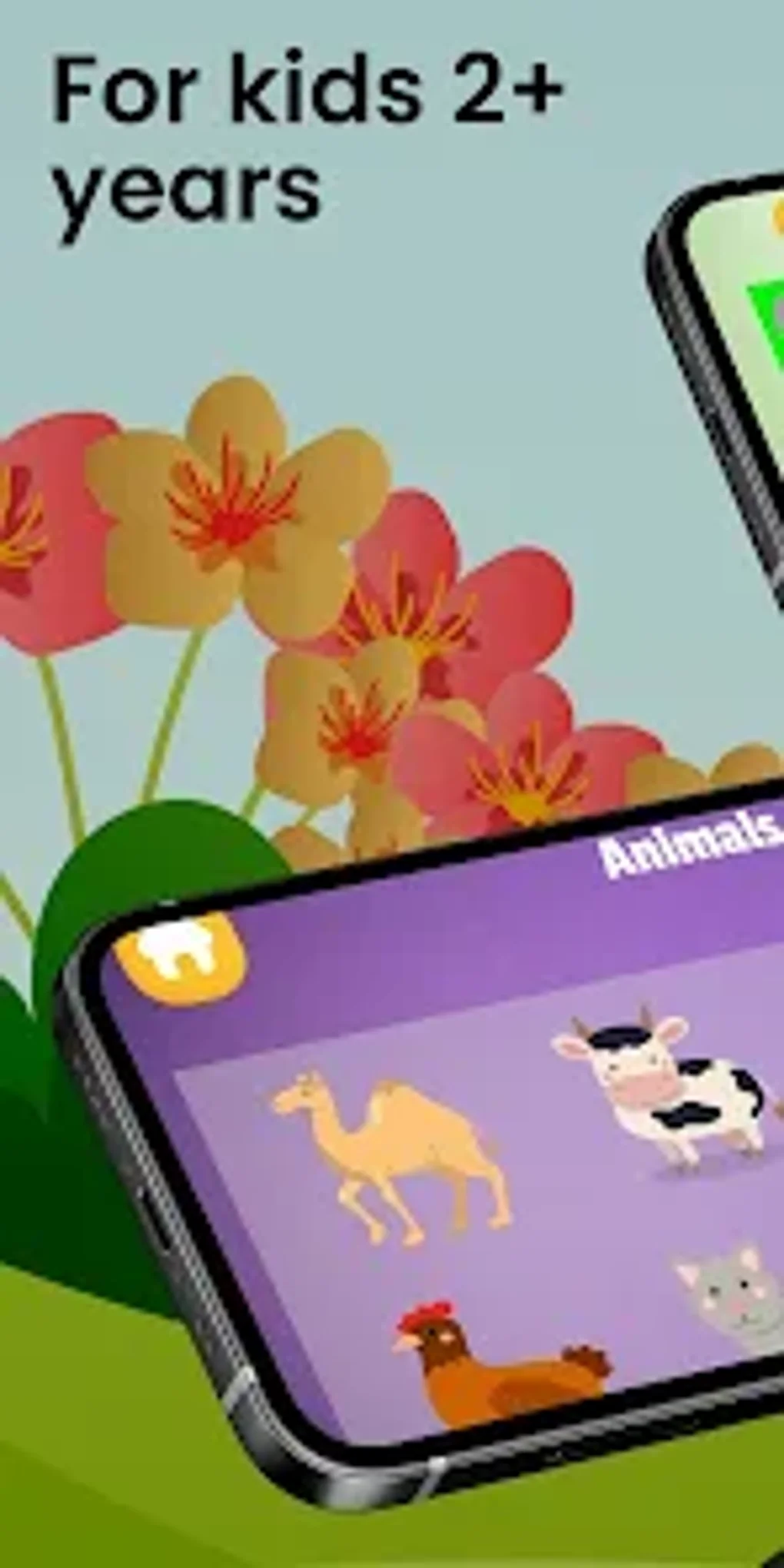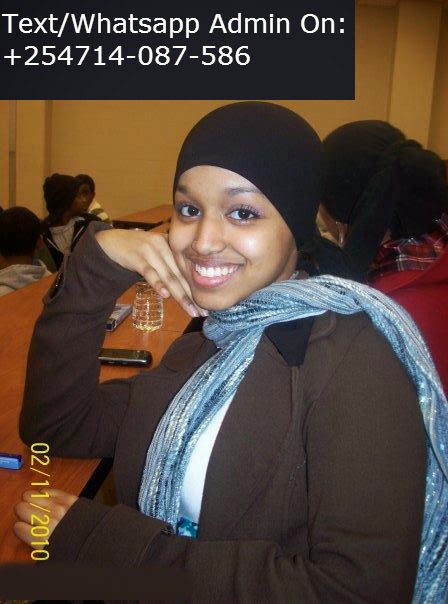Is the digital age reshaping cultural and political landscapes in unexpected ways? A bold statement emerges: the convergence of technology and tradition is redefining how societies interact, consume media, and navigate global challenges. In Somalia, this dynamic shift is evident as platforms like Telegram and TikTok gain prominence, influencing everything from entertainment to geopolitics.
Somali propaganda broadcasts have violated the Khartoum truce agreement, contributing significantly to deteriorating regional relations. According to a diplomatic telegram sent to Mogadishu, these violations highlight an ongoing tension that extends beyond mere rhetoric. Meanwhile, Johnny Somali's financial struggles in Korea continue to worsen amidst mounting legal troubles. The situation underscores broader issues affecting expatriates who face both personal and systemic challenges abroad. Back home, Kenya has taken decisive action by banning popular apps such as TikTok, Telegram, and betting site 1XBet. Authorities cite concerns over public morality and security risks associated with unregulated content dissemination.
| Name | Johnny Somali |
|---|---|
| Date of Birth | January 5, 1982 |
| Place of Birth | Mogadishu, Somalia |
| Career Highlights |
|
| Professional Information |
|
| Reference Link | BBC News Report |
In the realm of entertainment, Somali Telegram channels dedicated to films and series have gained immense popularity. These platforms offer diverse content ranging from Game of Thrones with Arabic subtitles to Korean dramas translated into Somali. This trend reflects not only a growing appetite for international storytelling but also highlights the role of digital spaces in bridging linguistic and cultural divides. For instance, the hashtag #SomaliTelegramFilmGameOfThrones has garnered over 4.7 million posts on TikTok, showcasing fan engagement and creativity.
KTN News Kenya remains at the forefront of delivering real-time updates about developments within East Africa and globally. As the region's premier 24/7 news channel, it provides comprehensive coverage of events impacting local communities while maintaining high journalistic standards. With millions tuning in daily via its live streams and social media presence, KTN reinforces its position as a trusted source of information. Viewers can subscribe to their YouTube channel or follow them on Twitter and Facebook for continuous access to breaking news.
The rise of Telegram Somali Wasmo exemplifies how digital tools are transforming cultural expression. Originally rooted in traditional Somali music known as wasmo, this genre now thrives online through shared playlists and original compositions. Fans appreciate curated lists featuring timeless classics alongside contemporary hits, creating vibrant virtual communities united by shared heritage. Such initiatives foster pride in indigenous art forms even as they embrace modern technology.
However, regulatory measures implemented by governments raise questions about balancing freedom of expression against potential misuse of these platforms. While some argue that restrictions protect citizens from harmful influences, others emphasize the importance of safeguarding free speech and innovation. As discussions around digital governance evolve, stakeholders must collaborate to establish frameworks ensuring responsible usage without stifling creativity or progress.
Moreover, the intersection between pop culture and geopolitical tensions cannot be ignored. Content creators leveraging Telegram and similar networks often find themselves navigating complex narratives shaped by historical grievances, national identities, and evolving alliances. Whether addressing humanitarian crises or celebrating achievements, their work plays a crucial role in shaping perceptions locally and internationally.
Ultimately, the interplay between tradition and technology continues to redefine societal norms worldwide. From diplomatic telegrams exposing breaches of peace agreements to viral trends celebrating multiculturalism, each interaction contributes to a richer understanding of our interconnected world. As we move forward, embracing these changes responsibly will determine whether emerging technologies serve as tools for division or unity.



